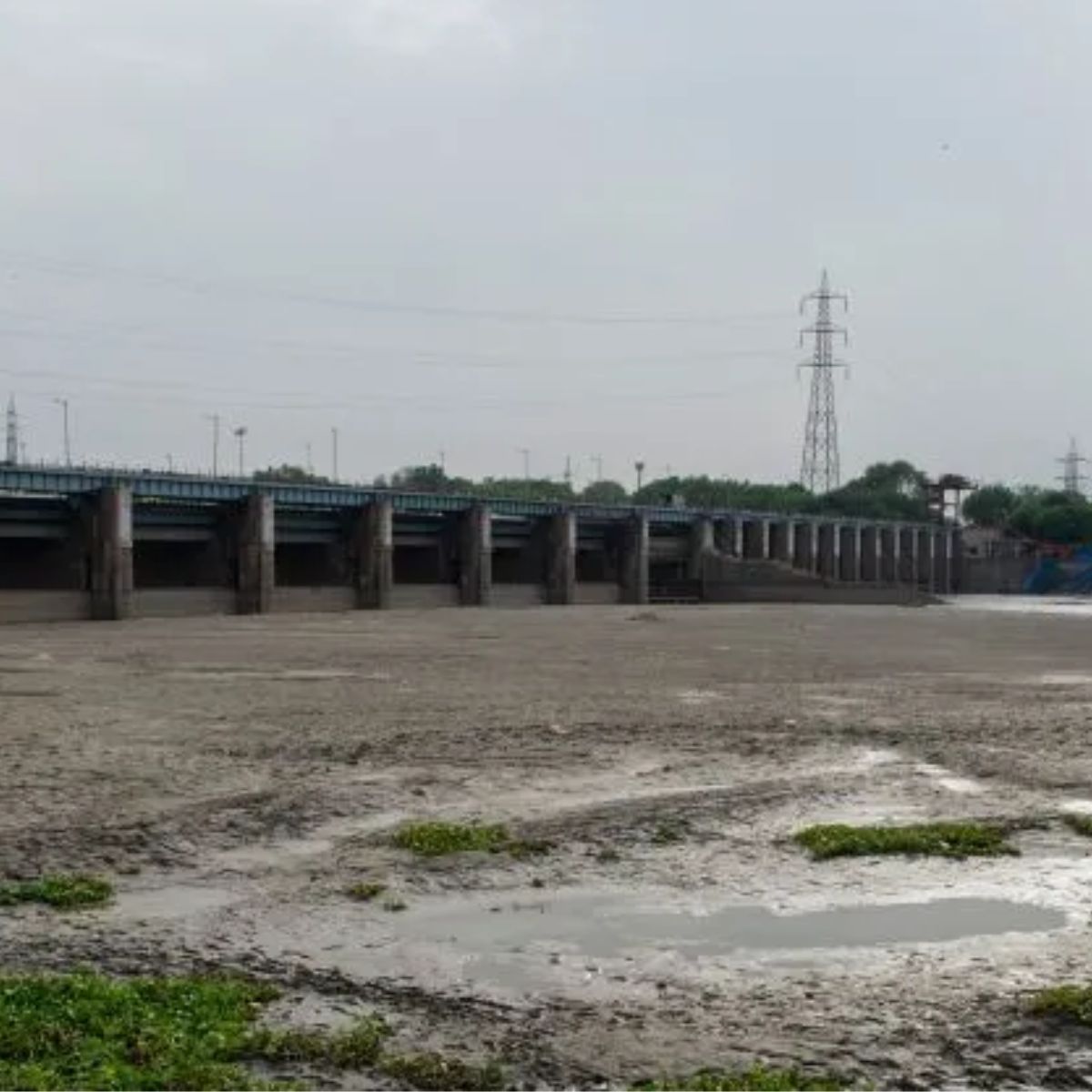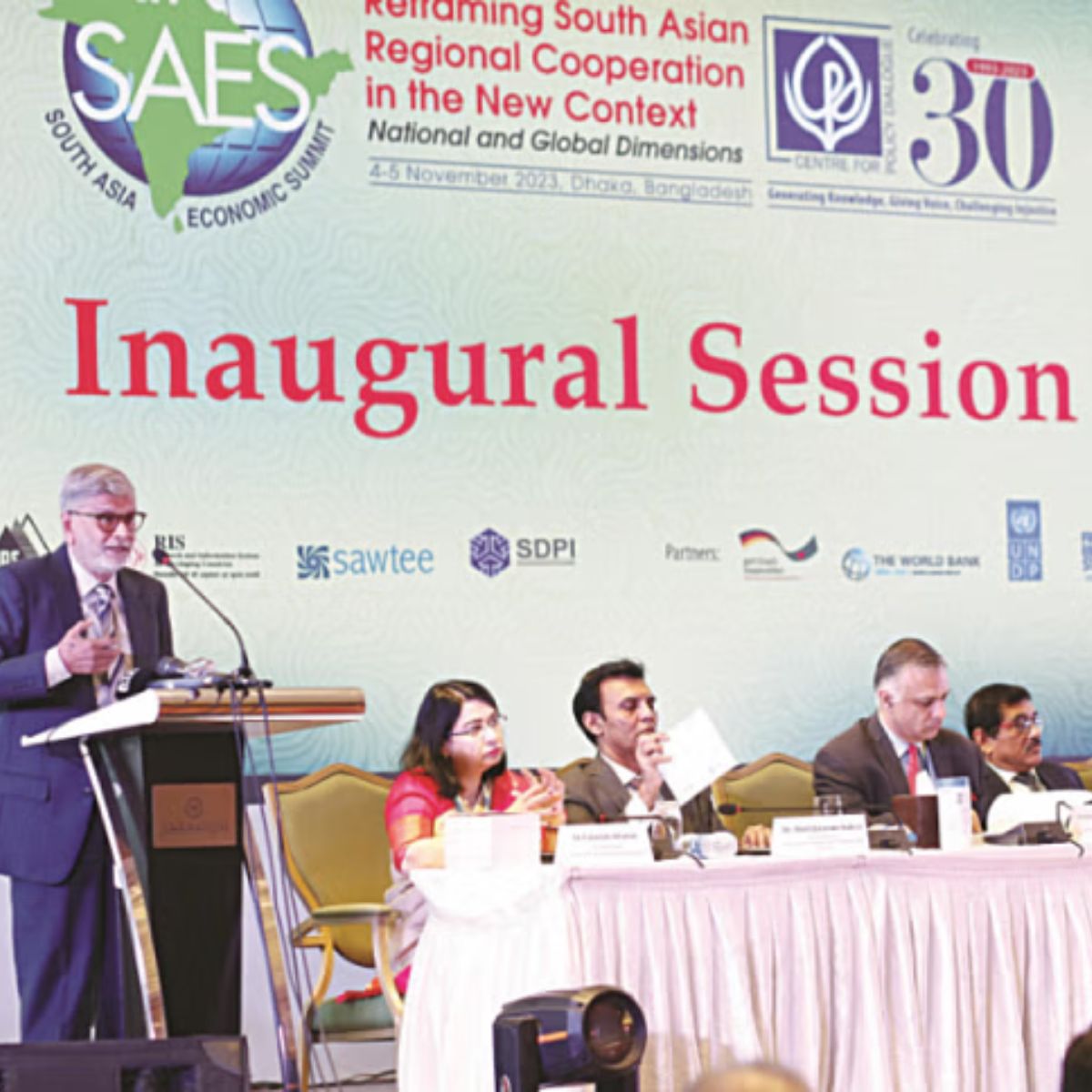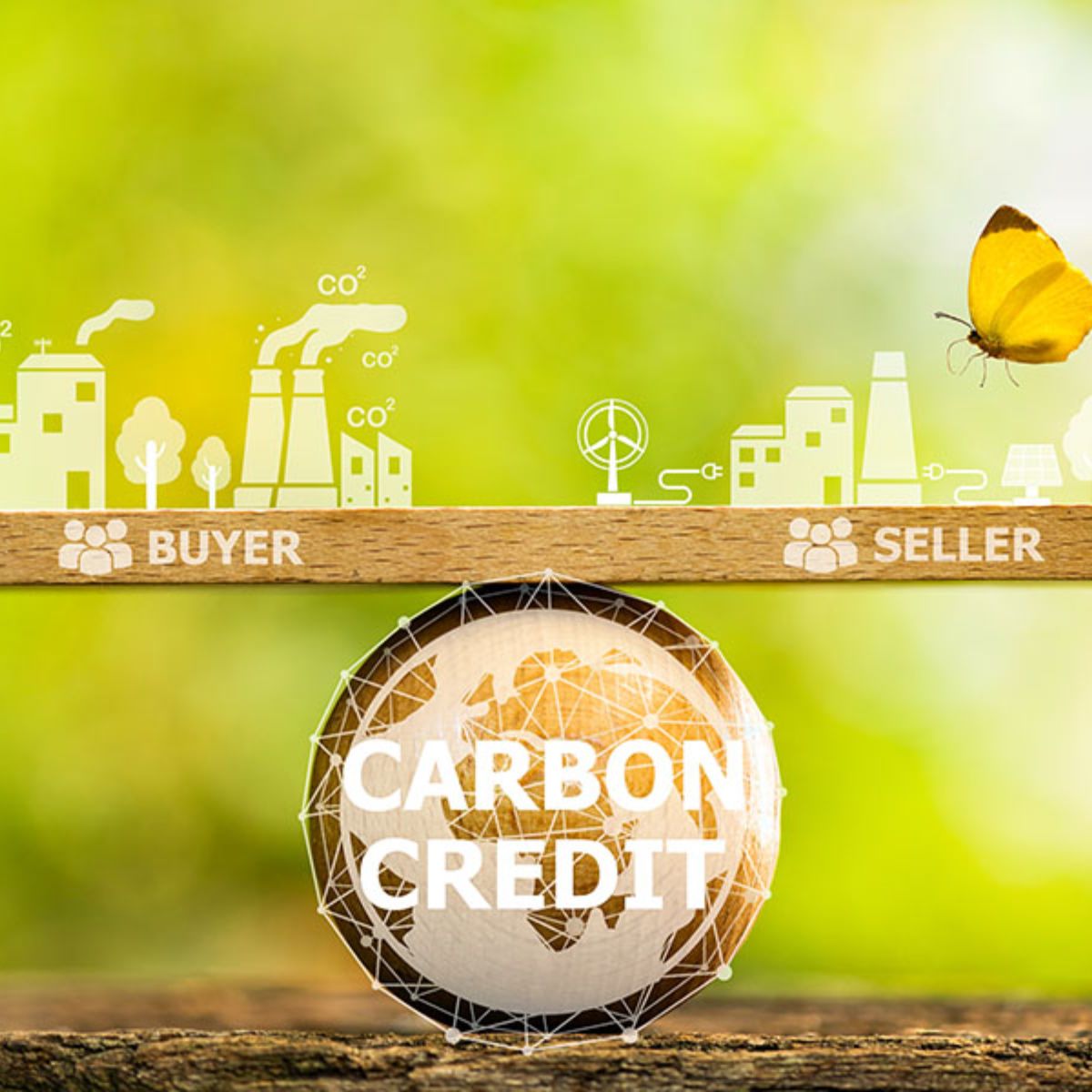Building Resilience for South Asia’s Future
Source: World Bank Blogs
Date: 6 Nov 2023
Over 850 million people in South Asia live in poverty on $3.65 a day, facing the impacts of climate change, pandemics, and global shocks. Recent events like floods in Pakistan, heatwaves in India, and cyclones in Bangladesh underscore the vulnerability of the region’s poor. Building resilience is now a development imperative. South Asia has made progress with disaster preparedness but needs to integrate risk mitigation and rapid recovery into development strategies. This requires investment in infrastructure, natural capital, human capital, resilient economies, and strengthened institutions. Such investments can yield a “triple dividend” by reducing vulnerability, improving livelihoods, and protecting ecosystems. Success hinges on increased funding, better coordination, and global cooperation to address climate change, pandemics, and conflicts.
Political consensus key to boosting South Asia’s integration
Source: Daily Star
Date: 5 Nov 2023
Economists, researchers, and policy-makers in South Asia emphasize the need for political consensus among regional leaders to enhance integration, trade, and cooperation in addressing climate change and achieving economic prosperity. As three countries in the region, Bangladesh, Nepal, and Bhutan, prepare to graduate from the least-developed category, regional integration becomes vital. Despite the potential for higher regional trade, it remains at a low level due to issues like distrust and trade barriers. Weak infrastructure is a significant obstacle. Intra-regional trade within the South Asian Association for Regional Cooperation (SAARC) countries is essential for economic growth and poverty reduction, but various factors have historically limited it. Enhanced regional cooperation can help address the challenges of the COVID-19 pandemic, global conflicts, and climate change. Civil societies and researchers should play a role in identifying opportunities for regional cooperation and advocating for their implementation. Trust deficit and political tensions have hindered regional cooperation in the past, making it necessary to set aside differences for the region’s economic benefit. Key areas for cooperation may include the public health system, labor market policies, supply chain expansion, and foreign direct investments.
Carbon Credits: India’s ethical environmental trading and global climate challenge
Source: Forbes India
Date: 1 Nov 2023
The world faces an urgent threat from climate change, requiring a reduction in greenhouse gas emissions, but such reductions are often costly and require significant projects. Governments are turning to carbon trading as a strategy to lower emissions. Carbon markets, which have expanded since the 2015 Paris Agreement, incentivize nations and companies to reduce their environmental impact. In India, coal is a primary energy source, and to curb emissions, carbon capture and storage are essential but expensive. Carbon markets could help address the financial burden of emission reduction efforts. India introduced the Carbon Credit Trading Scheme in 2023, setting the stage for a domestic carbon market. Challenges include balancing supply and demand, setting emission baselines, regulating secondary markets, and ensuring a robust regulatory framework. A broader question arises about the morality of allowing tradable emission permits as a solution, as it may undermine shared sacrifice and environmental ethics in the fight against pollution and climate change.



